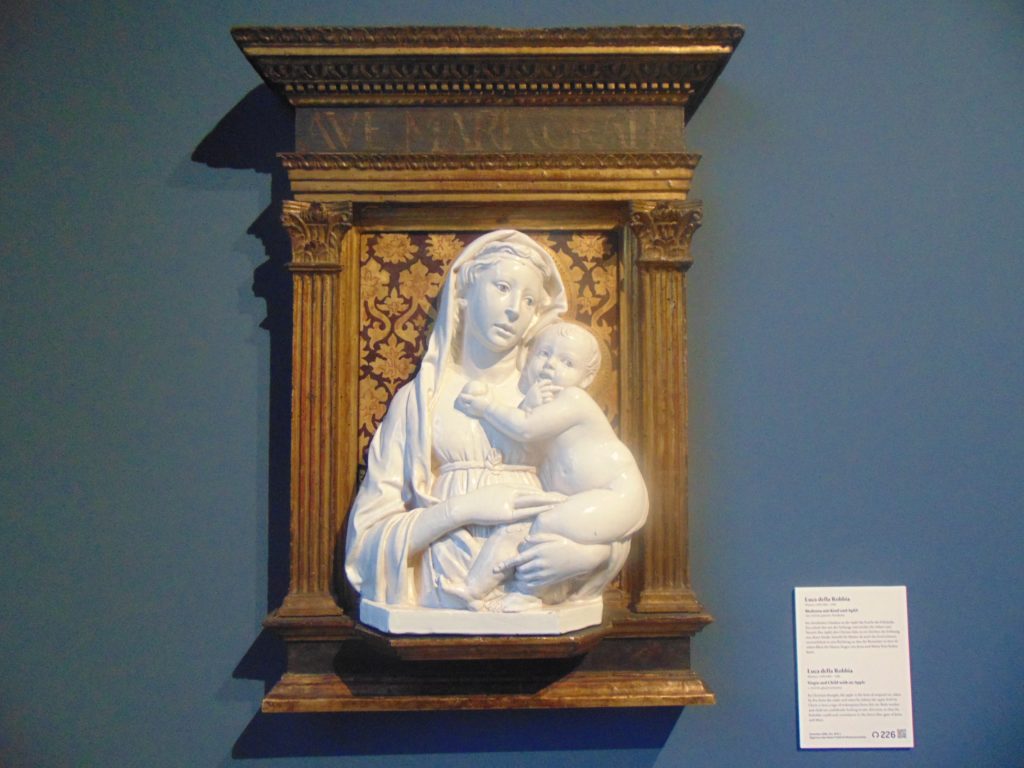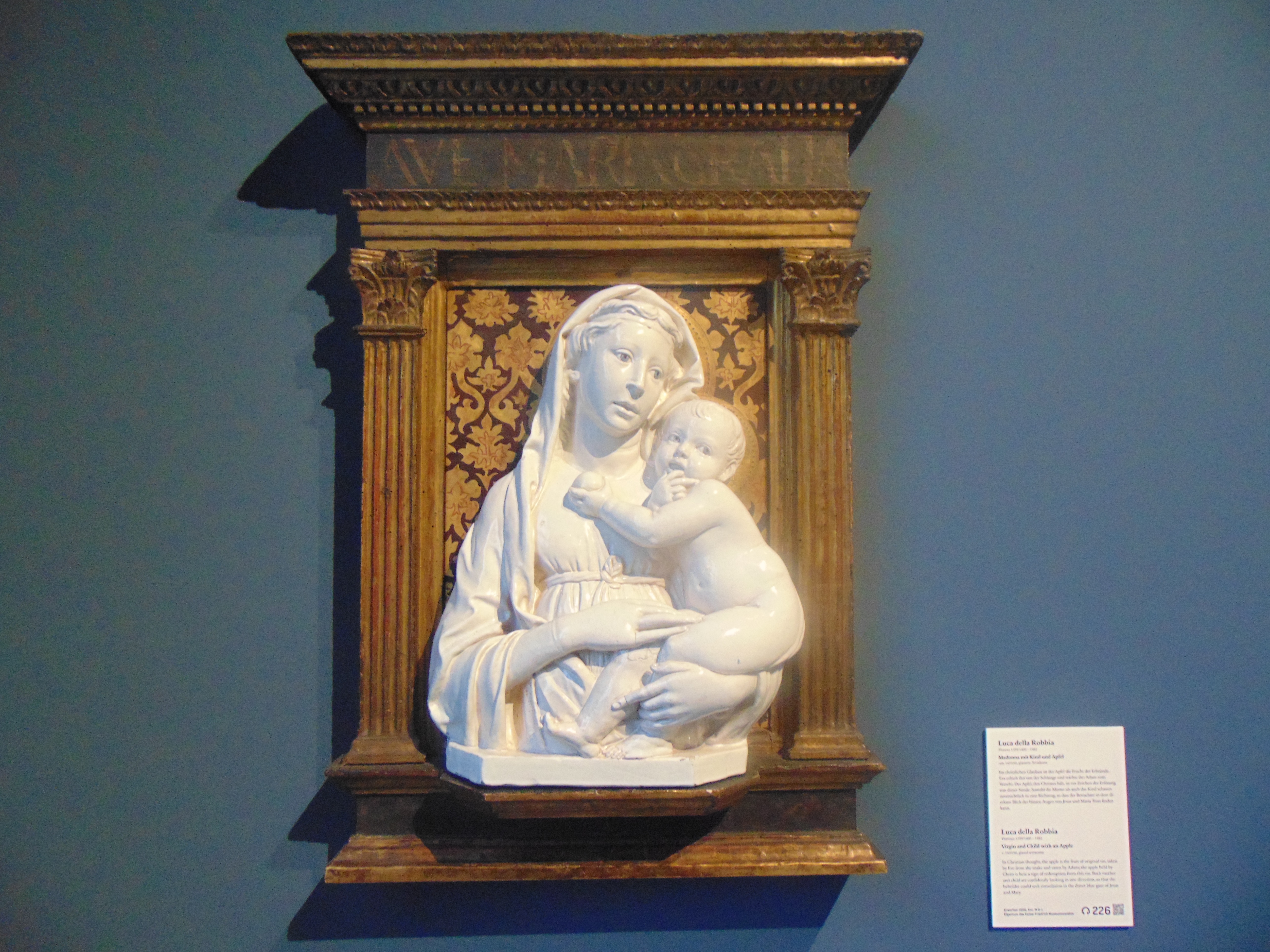
We saw how many masterpieces ended up victims to the Allied bombs, how others disappeared, how some reappeared in other museums around the globe and how many were even returned to Berlin.
In the hopes of establishing a bit of order, one could hope that further pieces we particularly care for one day be returned to the island.
To whom does art belong? Who, in this case, do individual masterpieces – sometimes with astronomical prices, at times given simply an immeasurable value – belong to?
Does the law of possession apply here, that so-called “natural” one, that territorial one, that one of the strongest?
We already observed how every outburst of nationalist pride never produced anything in the firmament of humankind’s history but wounds and unhealthy scabs.
Art belongs to humanity, full stop, and is as much the daughter of whoever gave it birth as it is of those who raise it.
If we consider the existential difficulties of a large part of modern artists who frequently led lives full of struggle and suffering, the need to give tribute, when not to say dignity and posthumous honor, grows in our sense of social conscience through taking care of their work, wherever they may be found.
We made tremendous errors when we judged this or that artist to be a misanthrope or insane when he or she was simply anticipating their contemporaries by at least a generation and therefore were not understood, while as soon as we understood the historical value of a piece or a relic we had to possess at all costs and never want to let it go again.
In other dramatic moments, entire collections were sold, or as was quite often the case, sold off in a hurry or mysteriously passed on by hand. If it is true that nothing at all is fixed and forever, is it so difficult to understand that these pieces flit about here and there in the same way as the world is forever spinning, that the Florentine Madonnas are on permanent exhibition in Berlin, that the most beautiful woman in the city is Egyptian, that on our island the entire Occident can admire Islamic prayer niches and that the treasures of Troy left for Moscow to console the victors of the last war for a little while? Everything comes and goes, a little like cosmic cycles and, above all, the great setting is always the same, a huge, boundless, if delicate, civitas umana of a marvelous, worldwide stage.
And if it is true that we are all little more than a breath in eternity, what use is becoming enraged in claims of paternity that take away precious time from other possible pursuits?
May our primary concern, no matter where it finds a home, be that Art, our very own creature, be taken care of and respected.
( Translated by Alexander Booth )
© L42 AG

